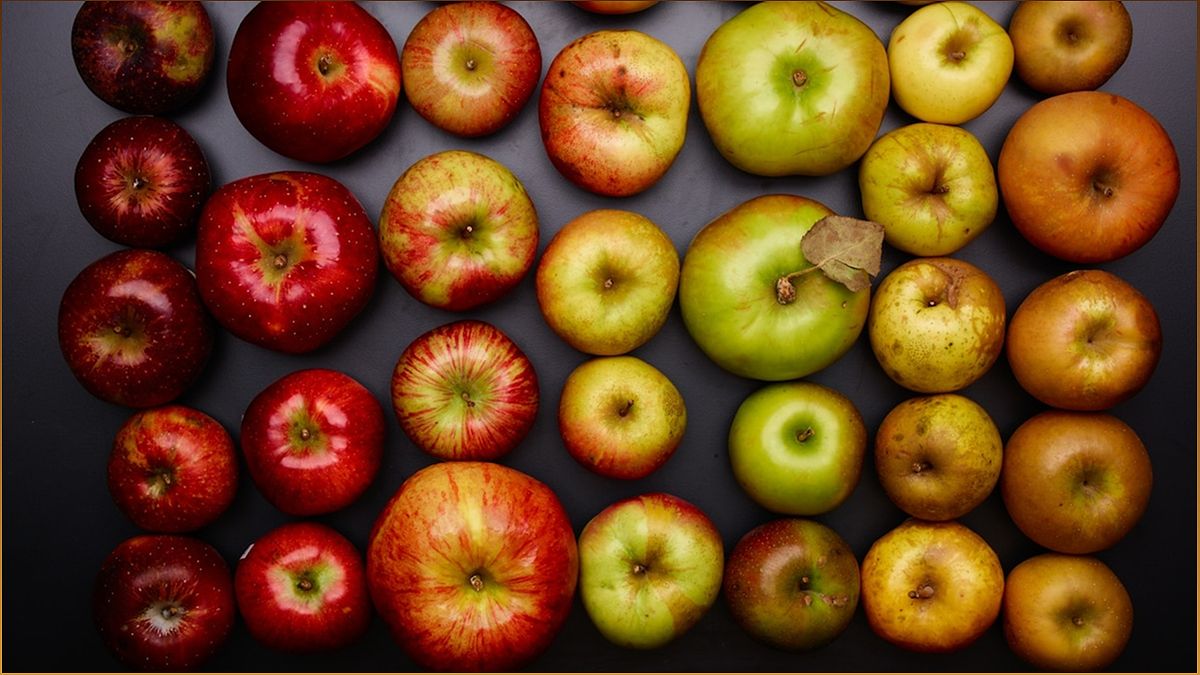Discover the truth about organic produce and its health benefits compared to conventionally grown options. Find out if the higher price tag is worth it.
Understanding Organic Farming Methods
Organic farming methods prioritize the protection of soil through the use of composts and animal manures, while avoiding synthetic chemicals. The emphasis is on natural pest control methods, although some pesticides may be allowed in certain cases. The regulations set by the U.S. Department of Agriculture for organic food focus primarily on how the produce is grown rather than its health benefits.

( Credit to: Nationalgeographic )
While consumers often believe that organic foods are healthier to eat, it is important for scientists to determine if this claim holds true. Research on this topic has yielded conflicting results, with some studies finding little nutritional difference between organic and conventional foods, while others have highlighted significant advantages. These disparities can be attributed to variations in growing practices and how nutrition is defined.
The Nutritional Benefits of Organic Produce
Organic produce has been found to have lower pesticide residues and higher levels of antioxidant-rich phytochemicals such as flavonoids and carotenoids. Although the differences may not be alarming, the absence of pesticides and the presence of phytochemicals make organic produce a better choice, according to soil scientist David Montgomery from the University of Washington.
Studies specifically examining phytochemicals have discovered that organic produce contains 12 percent more of these beneficial compounds, including higher levels of carotenoids. Additionally, individuals who consumed organic food for three weeks had higher levels of flavonoids in their urine compared to those who consumed conventional food. This suggests that organic produce may offer additional health benefits due to increased phytochemical content.
Exploring the Health Benefits of Organic Food
Observational studies have found lower rates of breast cancer, other cancers, and type 2 diabetes in individuals who consume the most organic foods. While some scientists criticize observational research, it is important to note that these studies carefully controlled for various factors. However, direct experiments would be required to establish a causal relationship between organic food consumption and disease prevention.
The health benefits associated with organic produce may also be attributed to what it lacks—synthetic fertilizers and pesticides. Studies have shown that pesticide residues on conventional produce are 30 percent higher than on organic produce. Additionally, conventional crops often contain higher levels of the toxic metal cadmium, which can accumulate in the liver and kidneys.
Regenerative agriculture, which emphasizes soil quality, offers an alternative to conventional and organic farming. This approach focuses on practices such as avoiding tilling the land, using cover crops between growing seasons, and maximizing the time plants spend in the ground. These strategies promote a healthy ecosystem that reduces the need for pesticides and herbicides.
Making Informed Choices for Healthier Produce
To ensure the healthiest and tastiest produce, it is recommended to visit local farmer’s markets and engage with the farmers. Inquire about their farming practices, including pesticide use, tilling, and crop rotation. Consumers should prioritize foods grown in healthy soil, whether certified organic or not, as suggested by Tim LaSalle, co-founder of the Center for Regenerative Agriculture and Resilient Systems.
However, it is important to consider that the focus on organics may discourage some individuals from consuming enough fruits and vegetables. In a survey of low-income shoppers, concerns about pesticides made some participants less inclined to purchase produce altogether. Food marketers should be aware of how their messages may influence produce consumption.
In conclusion, organic fruits and vegetables do offer some advantages in terms of reduced pesticide residues and higher levels of phytochemicals. While the differences may not be significant enough to warrant concern for everyone, individuals who can afford well-grown organic foods should prioritize a diet rich in whole, fresh foods grown on healthy, fertile soils.
